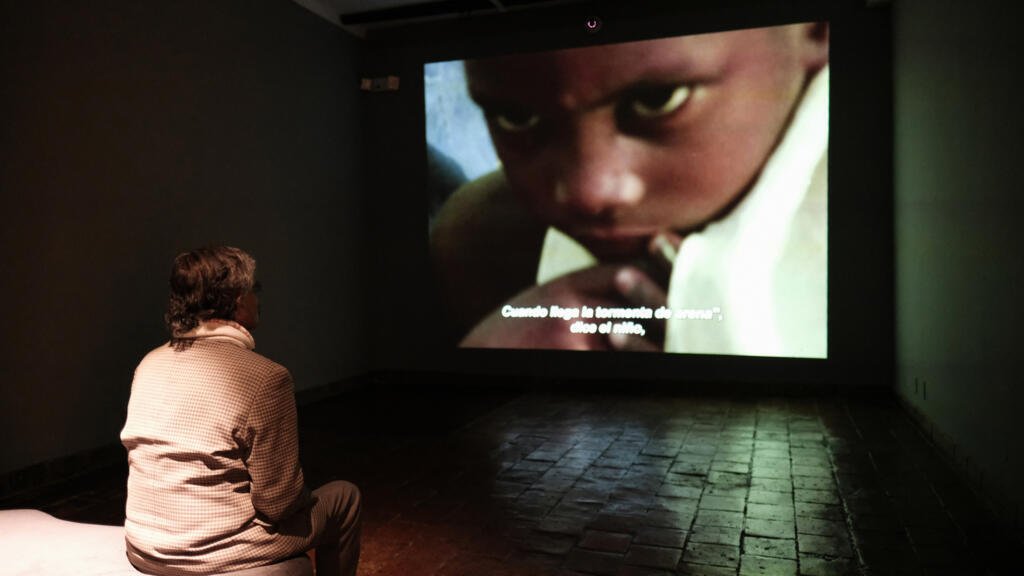For the first time in its 73-year history, the Sao Paulo Biennial is taking artworks to the African continent with a travelling showcase in Angola. The event’s curators told RFI they hope the project will highlight long-standing correspondences between Angola and Brazil, united by a shared colonial past.
The 35th Biennial is the first to go to Africa as part of the travelling exhibitions programme established by the Sao Paulo show, one of the biggest art events in the southern hemisphere.
After touring cities in Brazil, Argentina and Bolivia, it is on display in Angolan capital Luanda until December 2024.
Brazil, which was a Portuguese colony from 1500 to 1825, was the first country to recognise Angola‘s independence from Portugal in January 1975.
And now, as Angola prepares to celebrate 50 years of independence, the Brazilian biennial wanted to focus on the cultural links between the South American powerhouse and the largest Portuguese-speaking country in Africa.
‘Common history’
“Luanda in Angola was for us an obvious choice and an important one, because we have a history, a common history, which is a very complex one,” curator and artist Grada Kilomba told RFI.
This history, linked to the former colonial power Portugal, where Kilomba was born, includes violence, oppression and collective trauma, she said – not only because of colonisation and exploitation but the transatlantic slave trade.
Reclaiming and even transcending a painful past became a major theme of the biennial, she told RFI.
Read also:
South African artist Gavin Jantjes on his major retrospective
Contemporary art beyond the comfort zone
‘Dahomey’ film invites colonial past to speak through Benin’s stolen treasures

